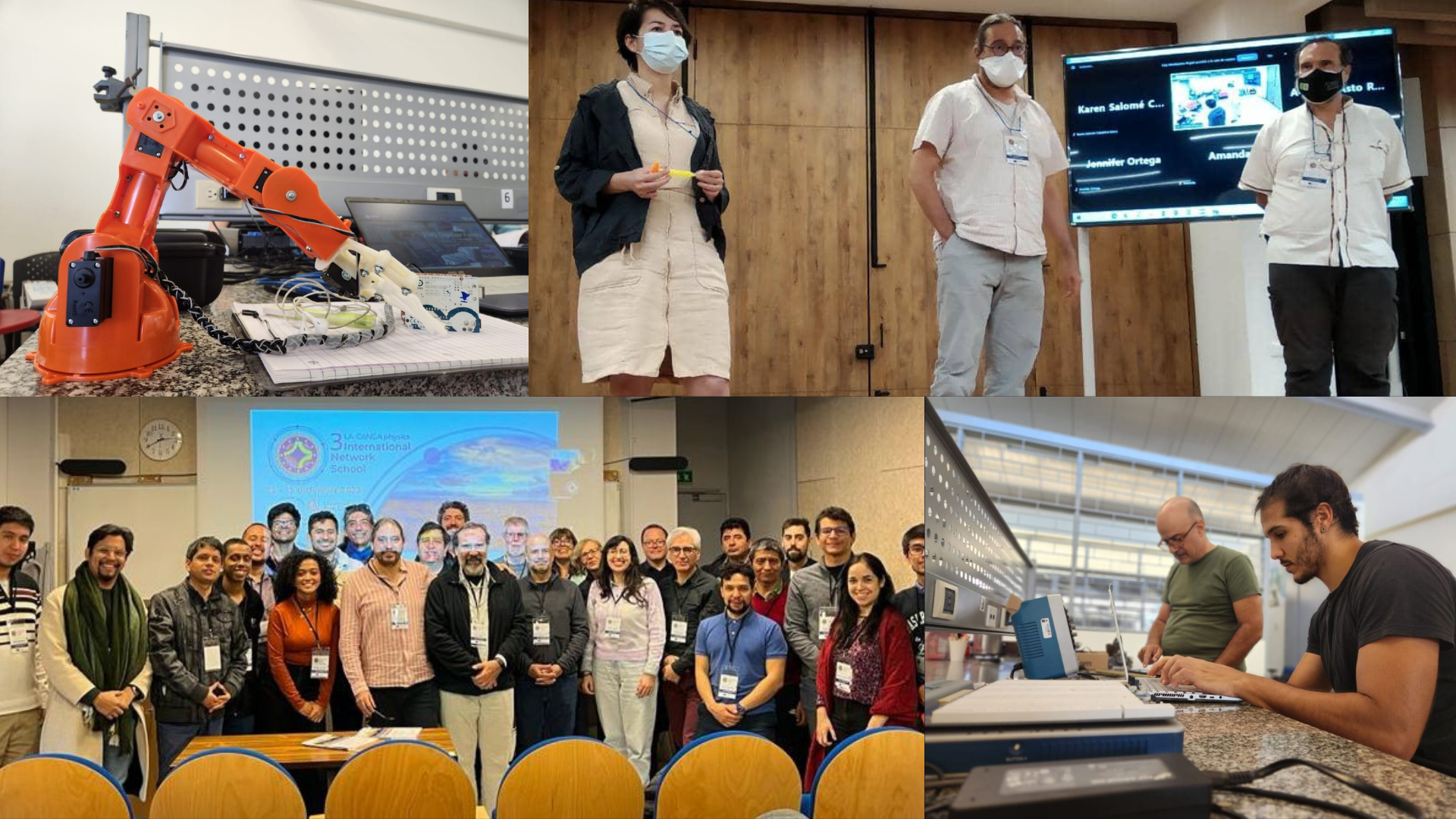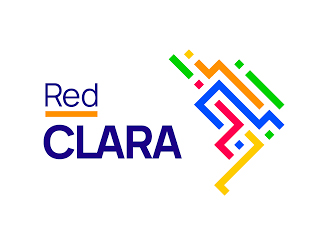In just five years, a groundbreaking collaboration between universities in Latin America and Europe has established infrastructure enabling local physicists to contribute to some of the world’s most advanced scientific experiments.
The initiative, known as the Latin American Alliance for Capacity Building in Advanced Physics—or LA-CoNGA Physics—brings together nine universities. Launched in 2019 by Colombian and Venezuelan students pursuing doctorates at European research institutions, LA-CoNGA Physics has grown into a transformative program.
Today, all nine universities involved have developed laboratories and digital infrastructure that connect their physicists to leading global partners such as the European Organization for Nuclear Research (CERN) in Switzerland, the German Electron-Synchrotron (DESY), the International Centre for Theoretical Physics (ICTP) in Italy, and the Institute for Research on the Fundamental Laws of the Universe (IRFU) in France.
This digital infrastructure was made possible through collaborations with the Advanced Computing System of Latin America and the Caribbean (SCALAC) and the regional research and education network for Latin America, RedCLARA.
Over 200 Online Classes and Growing Programs
The program began as a way for Latin American students to participate in global physics research, supported by the European Union’s Erasmus Program.
“What these doctoral students did was to seek to contribute to the development of our students, in a program that was initially named the Virtual Center for Advanced Studies in High Energy Physics. The initiative consisted of a series of postgraduate high-energy physics courses that were taught from Europe,” explains Professor Luis Núñes, one of LA-CoNGA’s coordinators.
Since then, the program has expanded significantly. It now offers master’s degrees in fields such as instrumentation, physics, and data science. To date, three cohorts of students have completed the program, supported by 30 instructors from Latin America and Europe. The initiative also provides open access to over 200 classes, which include video lectures, documents, notebooks, and datasets.
“Covid Forced Us to Look Ahead”
The Covid-19 pandemic presented significant challenges early on, including restrictions on face-to-face meetings, limited internet bandwidth in many cities, and the time constraints faced by postgraduate students in the region. It also forced them to adapt.
“We began to look among research groups in Latin America to see what resources they were using, what remote education equipment could be shared, and thus we managed to move forward,” says Núñes.
The first in-person laboratory sessions took place in 2022, followed by the establishment of technical training programs for remote instrumentation labs in 2023.
“We are proud to have not only resisted the pandemic but also to have used a number of lessons learned to be able to put forward new initiatives,” adds Núñes. “The pandemic forced us to look ahead, to think about how to make LA-CoNGA sustainable once we no longer have Erasmus funding, which is currently the case. The conclusion was just one: it is necessary to share human and technological resources,” ends.
The text is inspired by the article “Confirming “clichés”, La-CoNGA completes its first cycle looking forward towards the future” by Luiz Alberto Rasseli Junior at the RedCLARA website.
Featured image: Courtesy RedCLARA – Never despise small beginnings” seems a fitting adage to describe the inception and impact of the Latin American Alliance for Capacity Building in Advanced Physics, or simply LA-CoNGA Physics, a project that has been working since 2020 to build capacity for the use of supercomputing in the study of astroparticles in the region.







